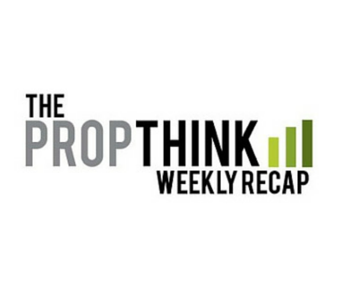The announcement came two weeks ahead of schedule, and Afrezza is now approved to improve glycemic control in adults with diabetes mellitus. Afrezza’s label includes a Black Box Warning for patients with asthma or chronic pulmonary disease, and the FDA is requiring four new trials post-approval. Recall that Pfizer’s (PFE) inhaled insulin, Exubera, proved a complete commercial flop last decade, stymied by the device’s bong-like profile, poor payor acceptance, and evidence of cancer in a handful of patients using the drug-device combination. Pfizer wound up pulling Exubera from the market in 2007.
MNKD topped a $4 billion valuation in the last few weeks, and there continues to be a perception among shareholders (notably devoid of institutional investors) that the company is a takeover target or on the edge of an advantageous partnership with large pharma. We remain skeptical of both, and that the product can meaningfully penetrate a market dominated by cheap, understood generics. See the Afrezza label, and MannKind’s press release from Friday.
QLT Inc (QLTI) is merging with and into Auxilium Pharmaceuticals (AUXL) in a deal that will lower Auxilium’s tax rate by nearly 50% over the next few years. PropThink made the call to own QLTI at $5.15 for just this reason, and the stock closed this week at $6.43, a handy 25% return. Read “Auxilium and QLT Inc: Astute Investors Saw the Exit Coming” for the full story.
Want insights like this? Trade smarter and simpler with PropThink Premium.
On Tuesday, Vertex Pharmaceuticals (VRTX) released positive results from two phase 3 studies of its combination treatment for cystic fibrosis, a regimen that could be worth more than $5 billion annually. The stock jumped 50% to $100. The TRAFFIC and TRANSPORT readouts (as the studies are known) were arguably the biggest events of 2014 in biotech, and many on the street are turning attention to another potentially transformational event later this year – initial results for Biogen Idec’s (BIIB) early multiple sclerosis drug, Anti-LINGO-1. Anti-LINGO has the potential to reverse the process by which MS progresses and success would be a big step for MS patients and BIIB. But what makes the program interesting is Biogen’s poor track record of internal development; the company has historically found success in the space through a series of smart licensing deals. Regardless, investors will be paying close attention to a phase 2 readout in Acute Optic Neuritis as a proxy for MS in the second half of this year.
Also on Tuesday, Ohr Pharmaceutical (OHRP) reported interim results from a study of its Squalamine eye drops in wet age-related macular degeneration (AMD). Squalamine eye drops, despite improving visual acuity compared to placebo,failed to reduce the frequency of Lucentis (ranibizumab) injections, which was the primary endpoint of the study. The mean number of Lucentis injections was 6.2 for the Squalamine + Lucentis arm, and 6.4 for the placebo + Lucentis arm. Read “Ohr Calls Drug Analysis ‘Positive’ but Misses Primary Goal.” The stock tanked during the trading session but bounced back on Thursday when a paid research firm issued a glowing report and increased its price target for the then-$7 stock to $31.
Late in the week we updated Premium readers with thoughts on the upcoming PDUFA decision for AcelRx’s (ACRX) Zalviso, a patient-controlled painkiller for use in hospitals, which PropThink has opined on in the past. Click here to get a subscription and read the latest.
One or more of PropThink’s contributors are long ACRX and/or short MNKD.



